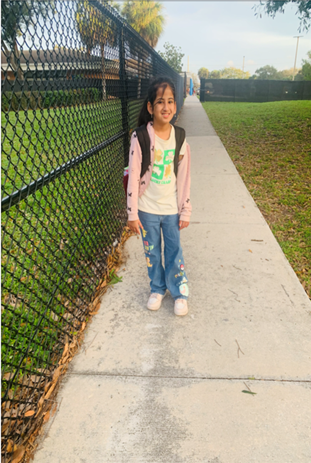Why Some Kids Avoid Conflict (And End Up Bottling Everything Up)
- blogstutorology
- Jun 30, 2025
- 2 min read
“He never tells me when something’s wrong.” “She just shuts down.” “I didn’t even know she was upset until it exploded.”

Sound familiar?
Some kids are naturally conflict-avoidant. They don’t yell. They don’t push back. They don’t even tell you when someone hurt their feelings. At first glance, it might seem like they’re just easygoing, agreeable, even mature for their age. But behind that quiet might be a whole world of emotions they’re pushing down instead of working through.
And while it might seem “easier” to raise a child who avoids conflict, the long-term cost of bottling things up can be heavy—emotionally, socially, even physically.
Why do some kids avoid conflict?
Fear of disappointing others. They worry that expressing a negative feeling will make someone upset or angry.
Desire to be “the good one.” Especially in families with louder siblings or high expectations.
Anxiety. The idea of confrontation itself feels overwhelming or unsafe.
Past experience. Maybe when they did speak up once, they felt shut down or misunderstood.
Avoiding conflict becomes a way of protecting themselves—from discomfort, rejection, or being seen as “too much.”
But kids need to learn that being upset is not bad. That setting boundaries isn’t rude. That their voice matters—even when it shakes.
Signs your child might be bottling things up:
They rarely share what’s bothering them until it builds into a meltdown.
They seem overly agreeable or compliant.
They shut down or withdraw during tough conversations.
They say things like “It doesn’t matter,” even when it clearly does.
How to help your child feel safe expressing difficult emotions:
Model emotional honesty. Share when you feel upset or overwhelmed, and show healthy ways of handling it. (“I’m feeling a little stressed, so I’m going to take a break before we talk more.”)
Ask curious—not loaded—questions. Instead of “Why didn’t you tell me you were upset?”, try:
“Was something on your mind that felt hard to talk about?”
“Did anything feel too big to say out loud today?”
Normalize conflict. Teach them that disagreement doesn’t equal disaster. You can love someone and be upset with them. That’s part of real connection.
Create “emotion time.” Some families use check-ins before bed or during dinner to talk about highs and lows of the day. Even a few minutes a day can build trust.
Praise their effort to open up. If they do share—even a little—thank them. Let them know you see their courage.
And remember :
Your child’s silence isn’t apathy. It’s self-protection. It’s them trying to stay safe in a world they’re still learning how to navigate.
But with your steady presence, gentle curiosity, and emotional safety—you can help them see that conflict isn’t something to fear. It’s something to understand.












Comments